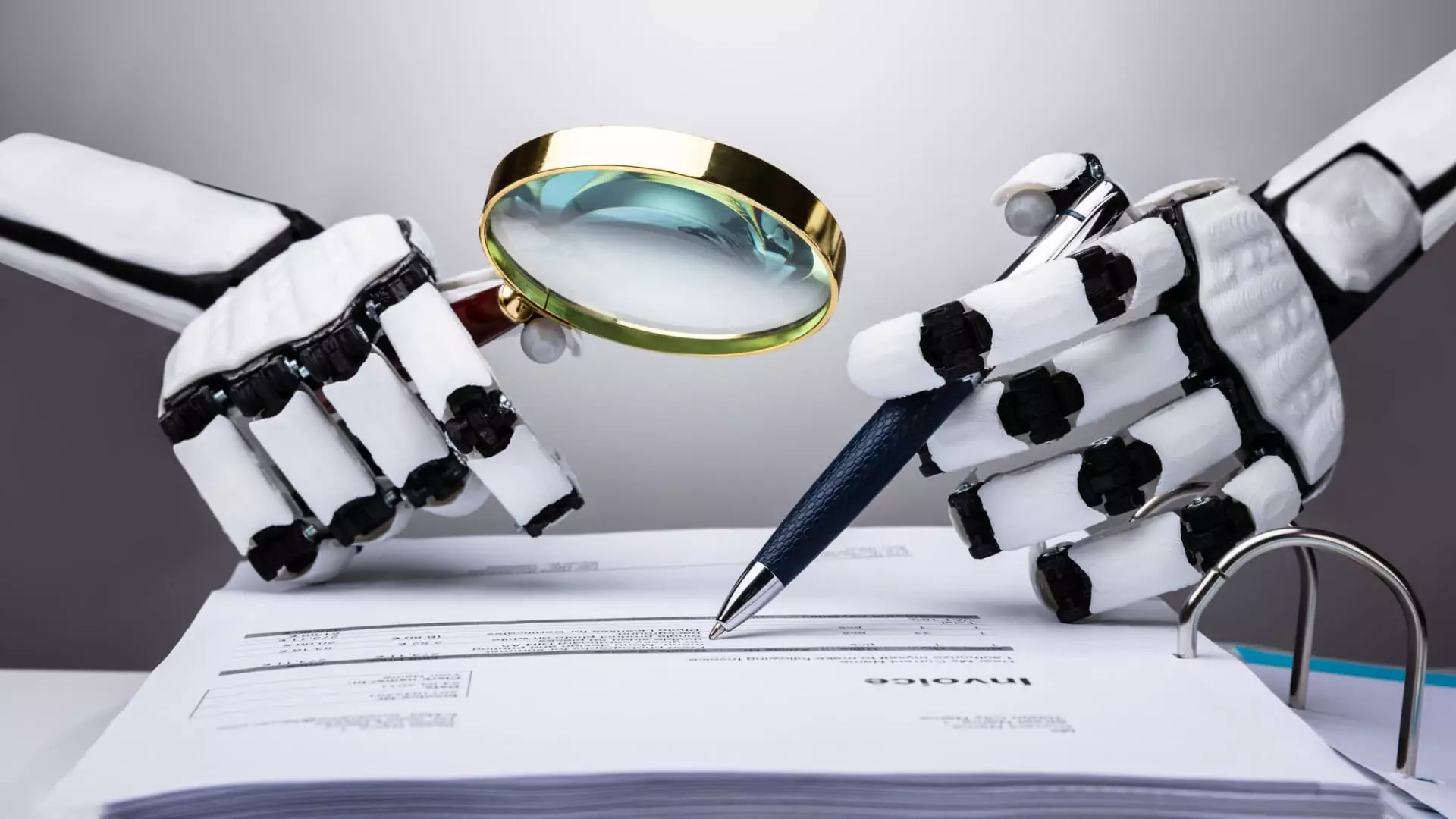The evolution of artificial intelligence has been rapid and continues to make significant strides towards more advanced technology applications. According to a recent report by Capgemini, the concept of multi-agent AI systems is set to become a reality by 2025. This system will involve a collection of AI agents working together to solve complex tasks in a collaborative manner. Pascal Brier, the chief innovation officer at Capgemini, mentioned that companies are already exploring the potential of such agent technologies, with a particular focus on applications utilizing multiple autonomous agents.
AI agents are designed to operate independently, plan, reflect, pursue higher-level goals, and execute complex workflows with minimal human intervention. These agents work behind the scenes to complete tasks on behalf of individuals or organizations. The United States is ahead in the development of multi-agent AI technology compared to Europe. A recent survey conducted by Capgemini revealed that 82% of companies plan to integrate AI agents within the next one to three years, indicating a widespread adoption of this technology across various industries.
There are two main types of AI agents identified by Capgemini: individual agents and multi-agent technology. Individual agents are focused on carrying out specific tasks, while multi-agent technology involves agents interacting with each other to achieve common goals. For instance, an AI agent creating a marketing campaign for a company could collaborate with another agent from the legal department to ensure compliance. These AI agents are not limited to following commands but can understand, interpret, adapt, and act independently, sometimes replacing human workers in certain tasks.
The first wave of AI in 2022, as described by Brier, revolved around understanding prompts and large language models. However, the current trend is towards a convergence of AI and generative AI technologies. This shift emphasizes building knowledge engines, utilizing generative AI for interaction, and introducing AI agents as either substitutes or co-pilots in accomplishing tasks. The expectation is that AI agents will drive automation in organizations, allowing human workers to focus on more value-added functions, such as enhancing customer experience.
The integration of generative AI has seen a significant increase across various companies, with a fourfold rise in the adoption of this technology in recent years. While larger organizations have been quicker to adopt generative AI, smaller firms are lagging behind in implementation. Industry-wise, the aerospace and defense sector leads in investing in generative AI, while retail companies show a lower level of adoption. The scale of investment and experimentation with generative AI is observed to be higher in larger companies, allowing them to measure results more efficiently.
The future of multi-agent artificial intelligence systems looks promising, with companies gearing up to integrate AI agents into their operations. The collaborative nature of AI agents, coupled with their ability to work independently and understand complex tasks, signifies a significant shift towards more automated and efficient processes. As technology continues to evolve, the role of AI agents is expected to become more pervasive across industries, driving innovation and productivity.


Leave a Reply